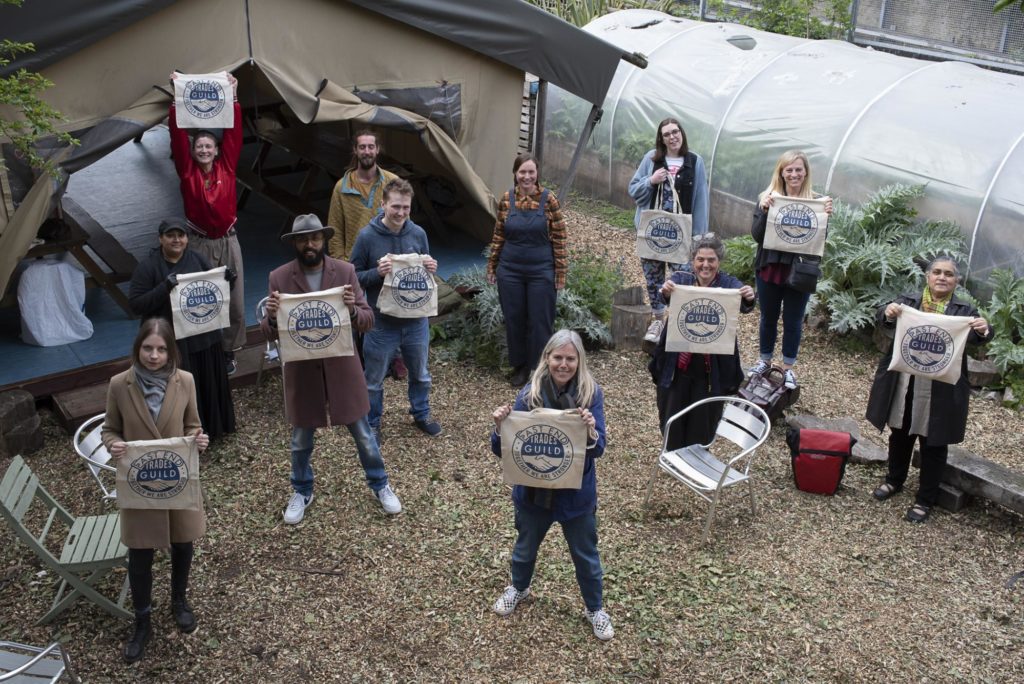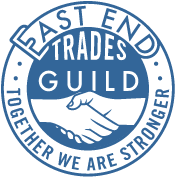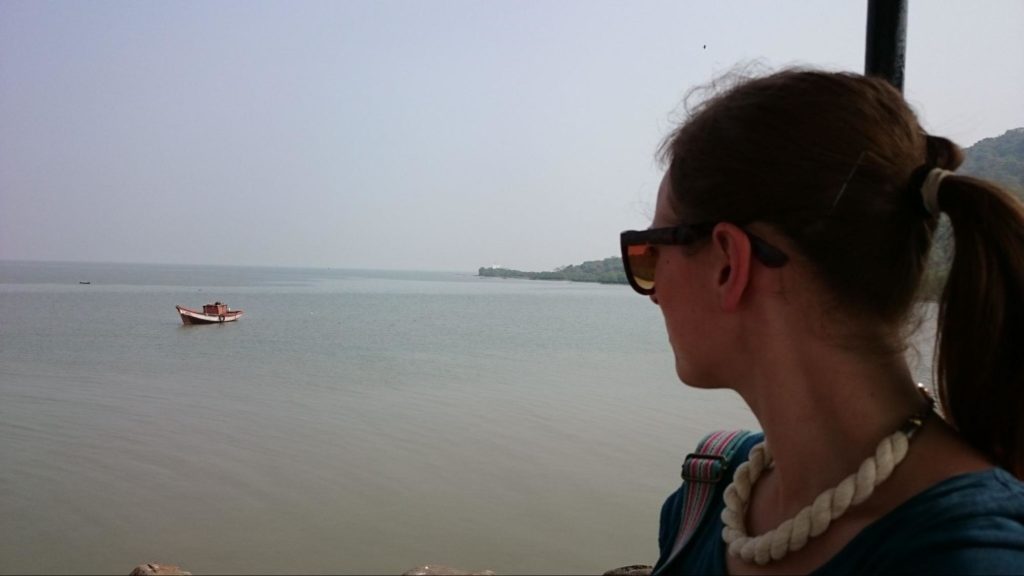Meet our Waltham Forest Community Organiser Jacquelyn Strey
My parents like to tell a story about when I was 2 or 3 years old. I would wander around the park and cry as I picked up litter, lamenting: ‘They’re destroying the Earth, Mama!’ And this makes sense as one of our family mottos is ‘leave a place better than you found it.’ For us, that usually meant cleaning up a campground when we’d left or, like my toddler self, picking up litter. But when my mom opened a small cafe, that sense of communal ownership served us well as we all pitched in for the better of the business. At 14, I’d be there at 530am to turn the grill on and get the tables set up. I knew that I was making a difference to our business and I valued my ability to make things better.
Pretty sure I’m the one in the sweater vest
My indignation at social inequality and unfairness is a constant thread throughout my life, connecting myself as a 6 year old, indignant and confused as to why I wasn’t allowed to play football with the boys; at 12, giving persuasive speeches in school about why gay and lesbian couples should be allowed to adopt; or at college, when I became the vice president of the Queers and Allies club. I knew the status quo was wrong, I felt it. And I wanted to be a part of the change towards a more equitable and just society.
I am a systems thinker- I see the world as a series of interconnected, overlapping systems that keep ‘normal’ running- capitalism, patriarchy, white supremacy, religion, settler colonialism, neoliberalism, nationalist regimes, the list goes on. I was never a huge fan of the status quo and I wanted to change the systems that felt unfair. I studied biology, theology and religious studies, and got my Phd in Gender Studies. I’ve travelled and read and learned and seen. And, within all of that, I learn the most from people- individuals who are living their lives within these systems, trying to make it work, trying to make a better world for themselves and their communities. Academia wanted me to study but not take part. I wanted to be a part of the change these amazing people were making.
As the year anniversary of the lockdown came and went, it’s fascinating to see how this past year has re-prioritized our lives in so many ways. The pandemic has shown that our systems, our status quo, our global world is changeable- back to communities, banding together, looking out for your neighbor. It has shown us that while we connect with one another virtually and over texts, through the computer and the phone, what we crave and long for is human connection.
And what it has shown us is that we are capable of taking care of each other. As an American, I’ve heard my British husband’s family tell stories of the response to WWII in the East End- of the ways in which Britons tightened up, did what was necessary, and looked out for one another, knowing that your individual actions protect a whole community. And I’ve seen it now in the parents at the playground who talk about getting the vaccine even though they’re scared, because they know it’ll keep the kids safe. Of those workers at home who are exhausted by virtual learning but also do what they can to help out the educators on the other end of that zoom call. The essential workers across London who continue to show up, go the extra mile, do their jobs in the midst of incredible uncertainty and upheaval to make sure that others can go on with their lives.
We’ve also watched as the corner store went out of business because they couldn’t afford to stay open during lockdown. The independent cafe down the street had to fire all their employees because they couldn’t pay wages. Our friends or cousins or parents or partners were made redundant as their industry struggled.
And yet, Amazon and big companies made billions of dollars MORE during the pandemic, governments faltered at the scale of the responsibility of the epidemic, as local shops struggle to make rent, as family and friends get sick and risk losing their jobs or livelihoods…the enormity of the problem sometimes seems too big for one person to overcome.
So what do we have? We have each other. We have the power of community, the power in numbers, the power of collective action. We have customers who choose to shop on their streets because the owner knows them by name when they come in. We have the shop owner next door who looks out for you while you take a lunch break. We have a community of businesses across London who are looking out for each other to ensure that, where one is successful, all are successful.
Together, we can showcase the value of small and micro businesses to the local economy. Together, we can regroup and rebuild after the past year and, collectively, come back stronger.
Alone, the task might seem too great. But, if we stand together, we can demand the things we need to make our communal lives successful.
Join today and pay what you can. 


